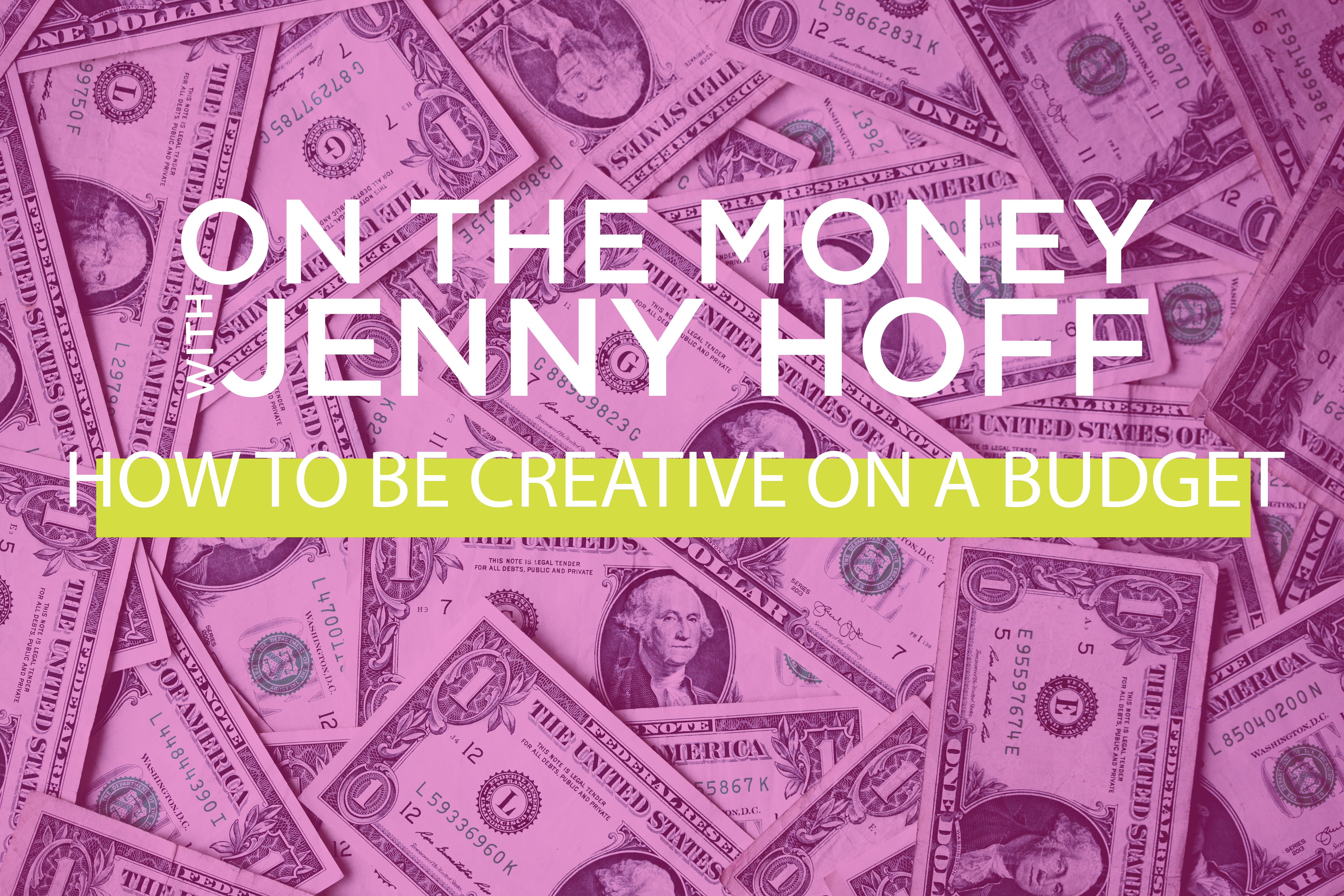Don’t give up on your passions because of your bank account. Here’s how to save money while developing your creative pursuits.
By Jenny Hoff

Inside most of us is a need to create, but for many, investing in classes to master an artistic skill feels like an indulgence. While investing in a creative pursuit, does take time, it doesn’t necessarily have to take money. Here are some ways you can sharpen your skills and truly master your passion without cutting into your budget.
TAKE AN ONLINE COURSE.
Some of the world’s best universities offer free classes you can register for at no cost. Purdue University offers an online writing lab through which you can watch tutorials, download guides and have access to multiple resources to sharpen your skills. The Open University offers multiple online courses for creative writing, poetry and structuring a novel. If music is what you love, edx.org Creative Hobbies on a Budget (a forum for hundreds of online classes from universities) offers a course on Music for Wellness through Berklee College of Music.
A quick search will turn up classes focused on virtually any subject you’re interested in—and it doesn’t cost a penny.
BARTER.
Bartering is one of the oldest forms of currency and doesn’t involve any money exchanging hands. Perhaps you’re great at social media or you are an organizational pro. There is a good chance a professional artist in town could use your help in return for her instruction. Tango Tribe in South Austin advertises service barters accepted in return for dance lessons. Most improv theaters in town offer free intro classes, free monthly mixers and the chance for scholarships to take classes in exchange for some help with the blog or taking tickets at shows. So, whatever it is you want to master, look for a person or business you could learn from and see if there is a potential for exchange.
JOIN RELEVANT GROUPS OR START YOUR OWN.
Mastermind groups have become increasingly popular, and while it feels like a hot new trend, it’s really just the old practice of peer-to-peer mentoring. Start your own Meetup group or join an existing group that focuses on your interest. If you want to write a book, there are numerous Meetup groups in Austin that provide both quiet time to write and an opportunity to read passages aloud for feedback. There are similar groups for painting, music, acting and dancing. You don’t necessarily need to have access to a professional to get better; you just need to engage with people who are slightly more advanced than you.
GIFT YOURSELF TIME ON A REGULAR BASIS.
Acquiring knowledge and learning the basics are important starting points, but any professional artist will tell you putting in the time on a regular basis to practice is the No. 1 secret to mastering your craft. In The Artist’s Way Creative Hobbies on a Budgetby Julia Cameron, the author suggests starting every day with your “morning papers,” a free flow of thoughts you write long-form before you do anything else in the morning. It will open up the creativity in your brain and the ideas will start to flow. In The War of Art, Steven Pressfield writes that you need to consider your artistic pursuit as a duty and schedule time to practice. Mark it in your calendar, treat it like a job and within time, you’ll see the benefits of your work pay off.
Try one or two of these ideas and feel the joy of nourishing your inner creative without having to become a starving artist in the meantime.

